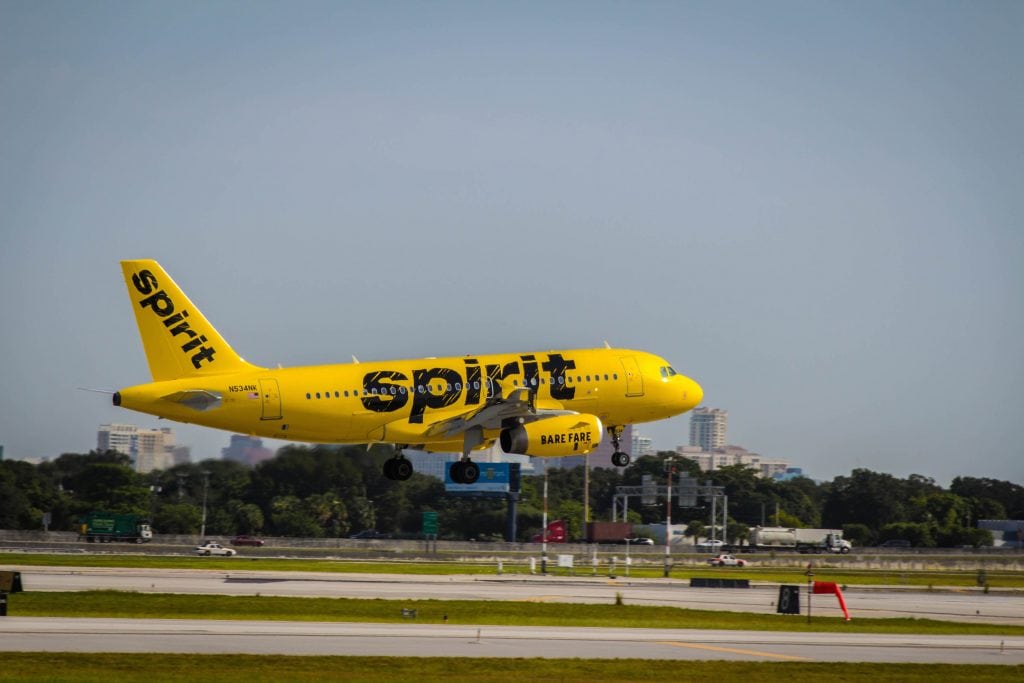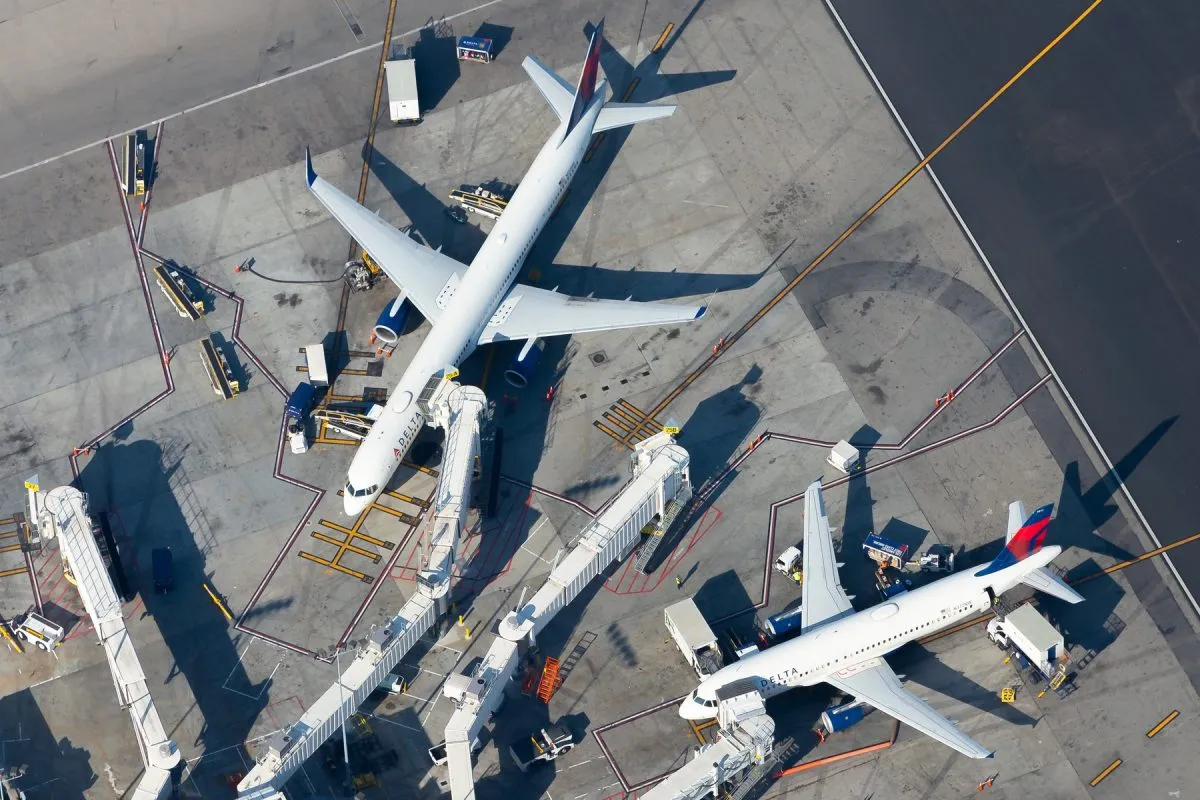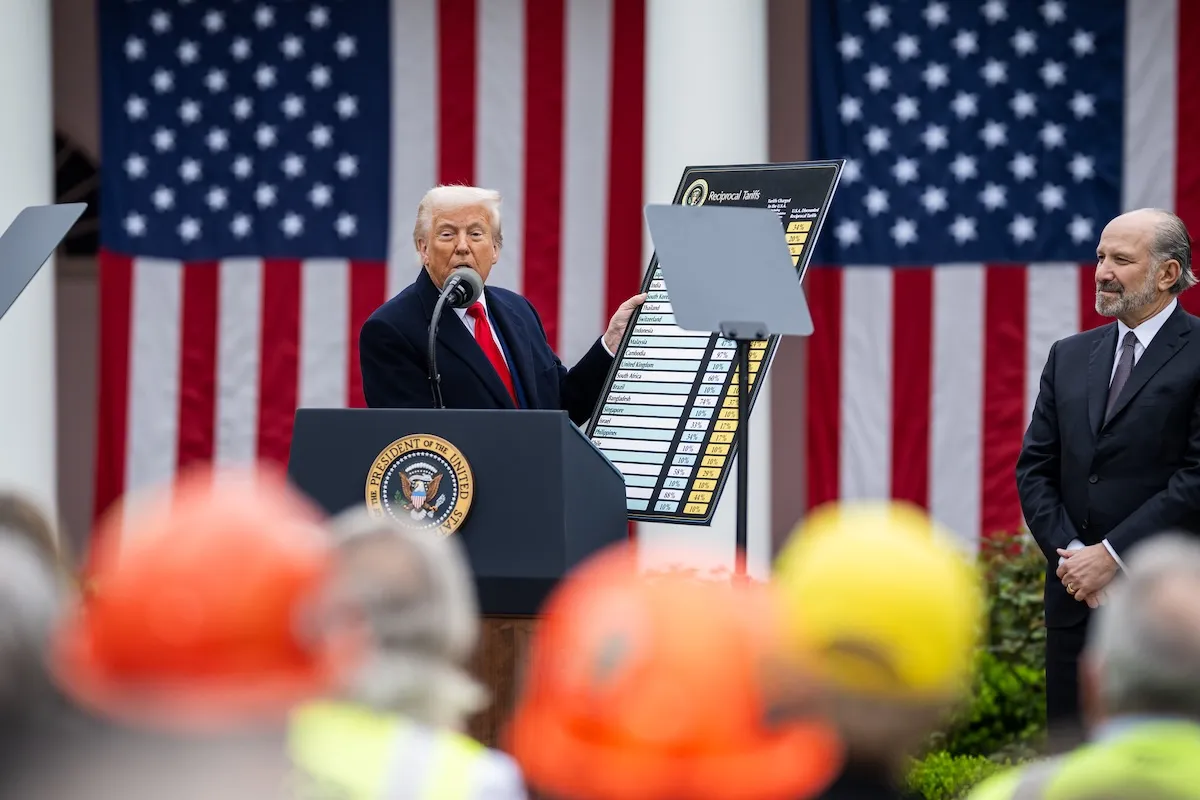Top Global Airline Brands Lose More Than $35 Billion in Brand Value: Report

Skift Take
The crippling effects of the pandemic on the airline industry are still being felt by top, globally ranked airlines now having to contend with losing over $35 billion in brand value, shows the latest annual report by Brand Finance, a brand valuation consultancy.
The report, released this month and which looks at the marketing earning power of an airline brand's reputation among other things, said Covid-19 has significantly impacted the world's top 50 airline brands with total values declining by a third this year from $109 billion to $73 billion.
"Brand is defined as a marketing-related intangible asset including, but not limited to, names, terms, signs, symbols, logos, and designs, intended to identify goods, services, or entities, creating distinctive images and associations in the minds of stakeholders, thereby generating economic benefits," the report said.
Plummeting by 44 percent in brand value, Spirit Airlines lost the most. The depreciation of the South Florida-based low-budget carrier's branding led to it falling eight places in the rankings of 50 most valuable airline brands to number 45, the report said.
British Airways' brand value was the second most affected brand dropping from a $3.7 billion valuation in 2020 to $2.1 billion this year, the report said.
Coming in at the third hardest hit, Air Canada's brand value fell 42 percent, losing $1.5 billion in brand valuation, it said.
Ranking at number four on brand devaluation, American Airlines experienced a 40 percent brand value decline from $8.9 billion to $5.3 billion year-over-year. And at fifth place, Indonesian airline Garuda Indonesia's brand value fell by 40 percent.
To determine rankings, Brand Finance said it used the simplest methods possible to help make the brand valuations understandable. For instance, using the royalty relief approach — a recognized method of brand valuation compliant with the International Organization for Standardizations or ISO industry standards, Brand Finance calculated the values of brands.
It looked at four things to determine value including brand impact, brand strength, a combination of both brand impact and strength, and brand value calculation.
"Our Brand Strength Index assessment, a balanced scorecard of brand-related measures, is also compliant with international standards (ISO 20671) and operates as a predictive tool of future brand value changes and a control panel to help business improving marketing," the report's methodology said.
Other airlines in the top 10 for brand value change include Canada's WestJet losing 40 percent, and American carriers United Airlines, and JetBlue Airways with both brand values declining by 39 percent.
Russia's Aeroflot brand value declined 38 percent, lowering the carrier's brand value to $1 billion.
Atlanta-based Delta's brand value fell 38 percent from $9.2 billion in 2020 to $5.8 billion. Despite the sobering outlook, U.S. carriers Delta, American, and United retained the top three rankings in the "Brand Finance Airlines 50 2021" rankings of the 50 most valuable airline brands.
Perhaps the most surprising part of the report is the airline industry's overall standing in the reputation by sector analysis, looking at brand strength across markets and industries including restaurants, tech, utilities, automobiles, banking, and oil and gas.
When benchmarked against the very best, airlines ranked 16 out of 19 sectors. The top five brands by sector reputation are cosmetics, food, appliances, hotels, and retail. Brands with strong reputations have availability to licensing opportunities in new sectors, the report said.
With earnings season upon us, it will be interesting to see if the report's rankings and company earnings align.




